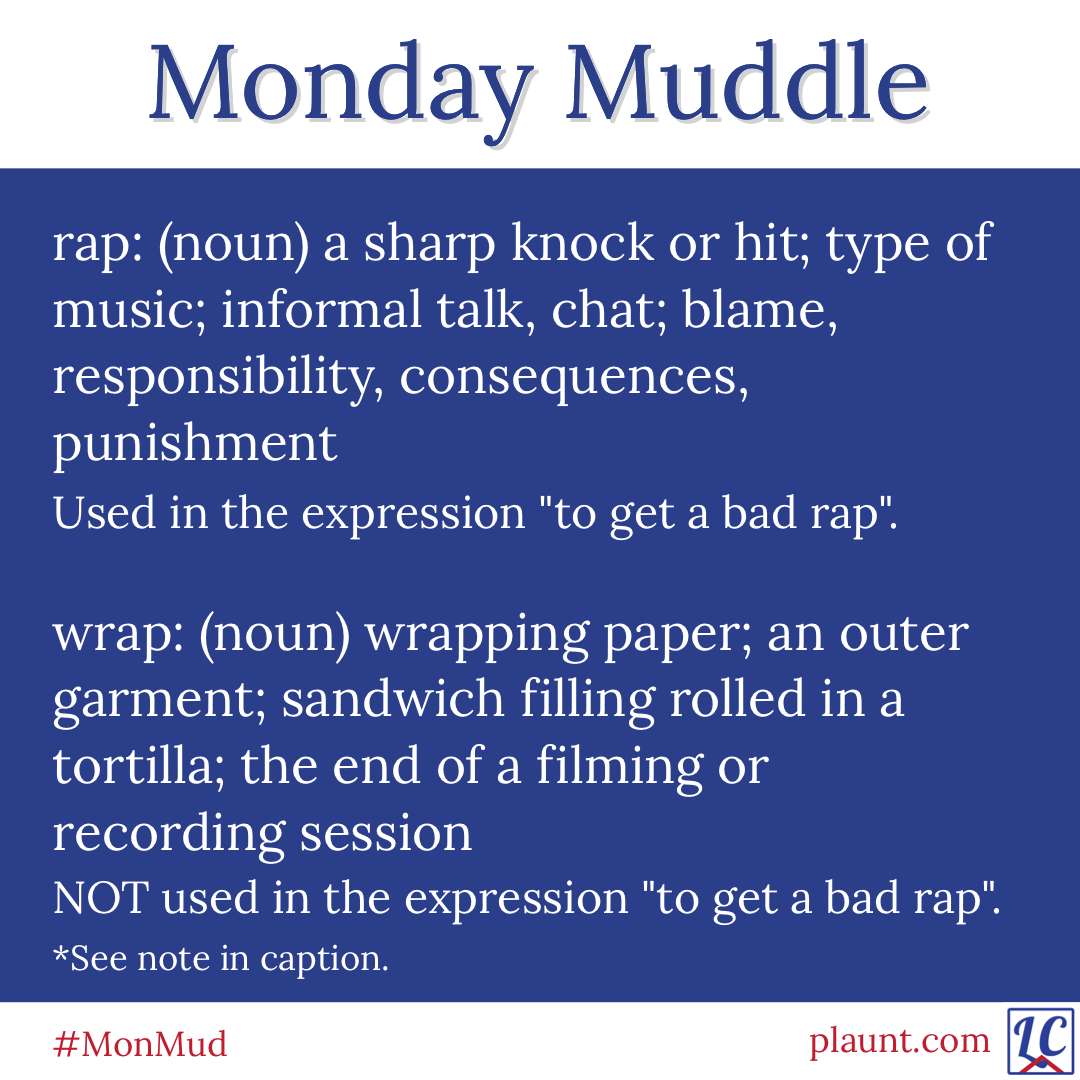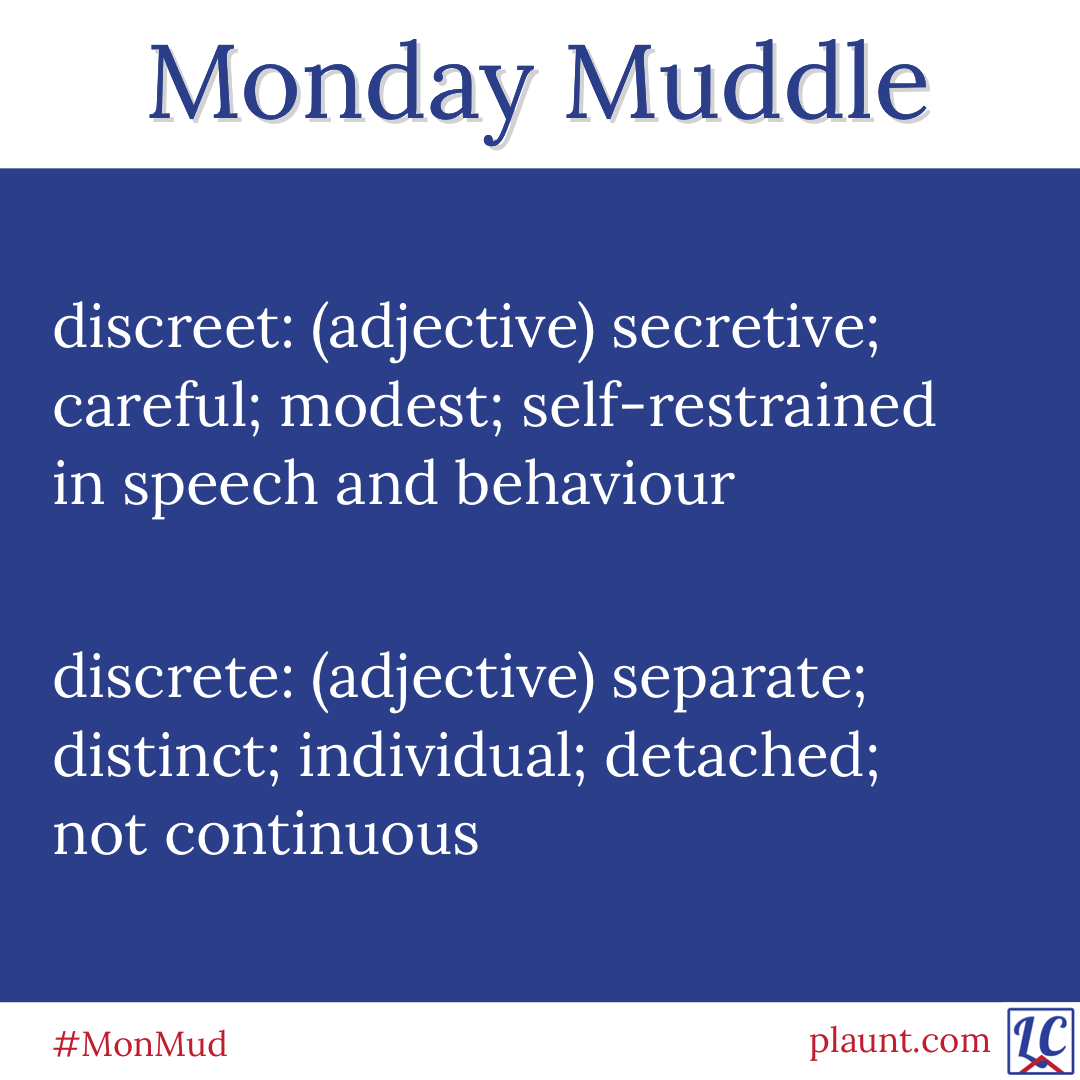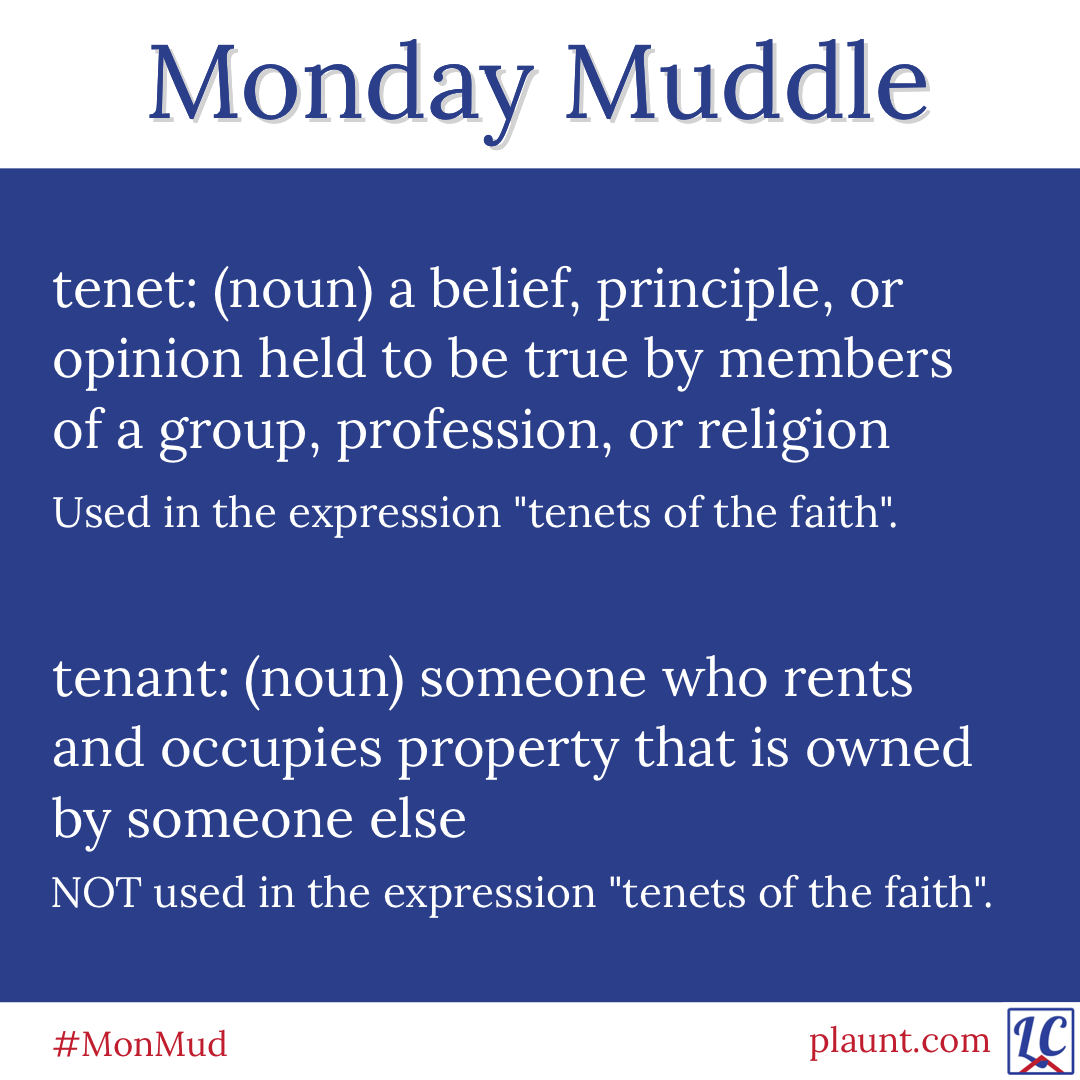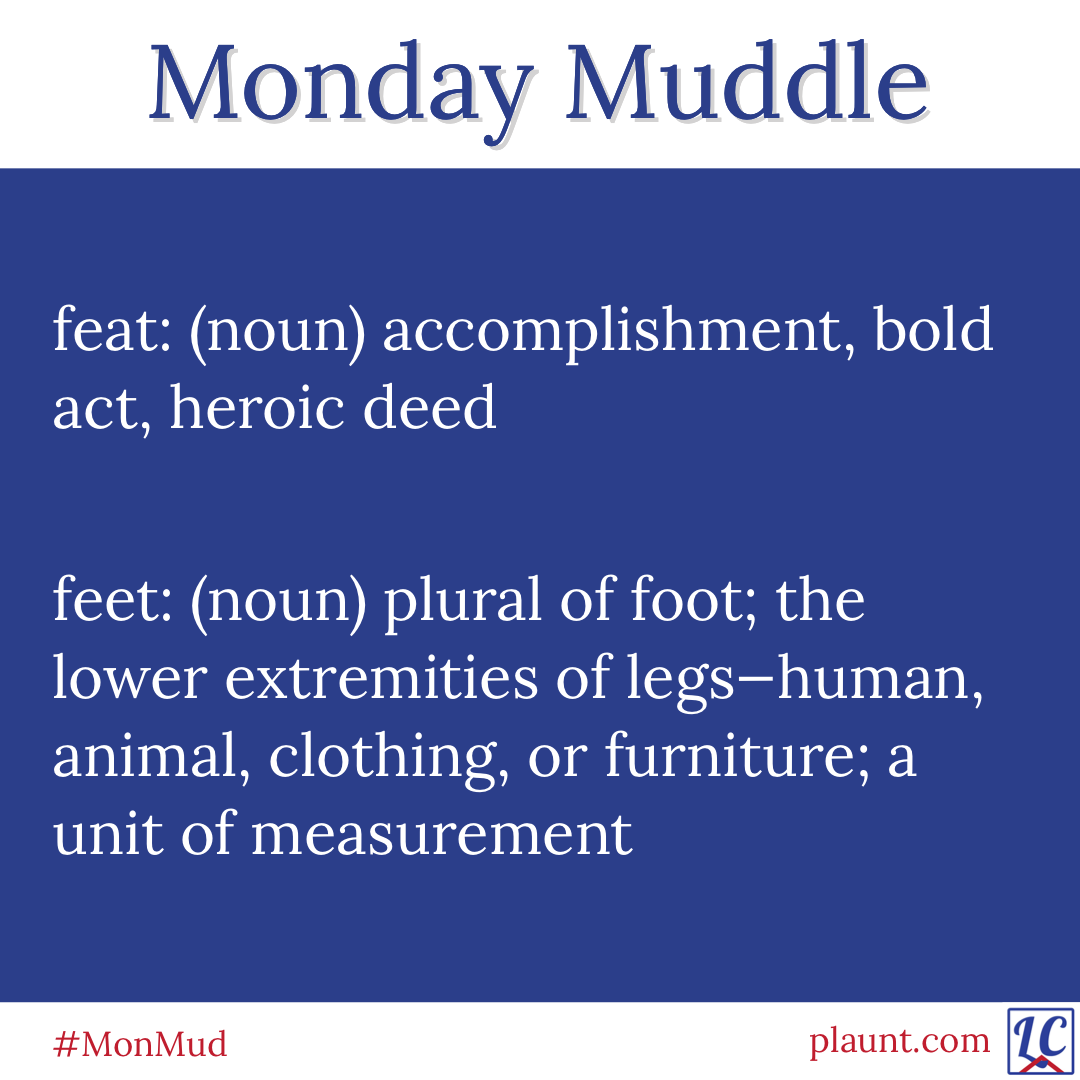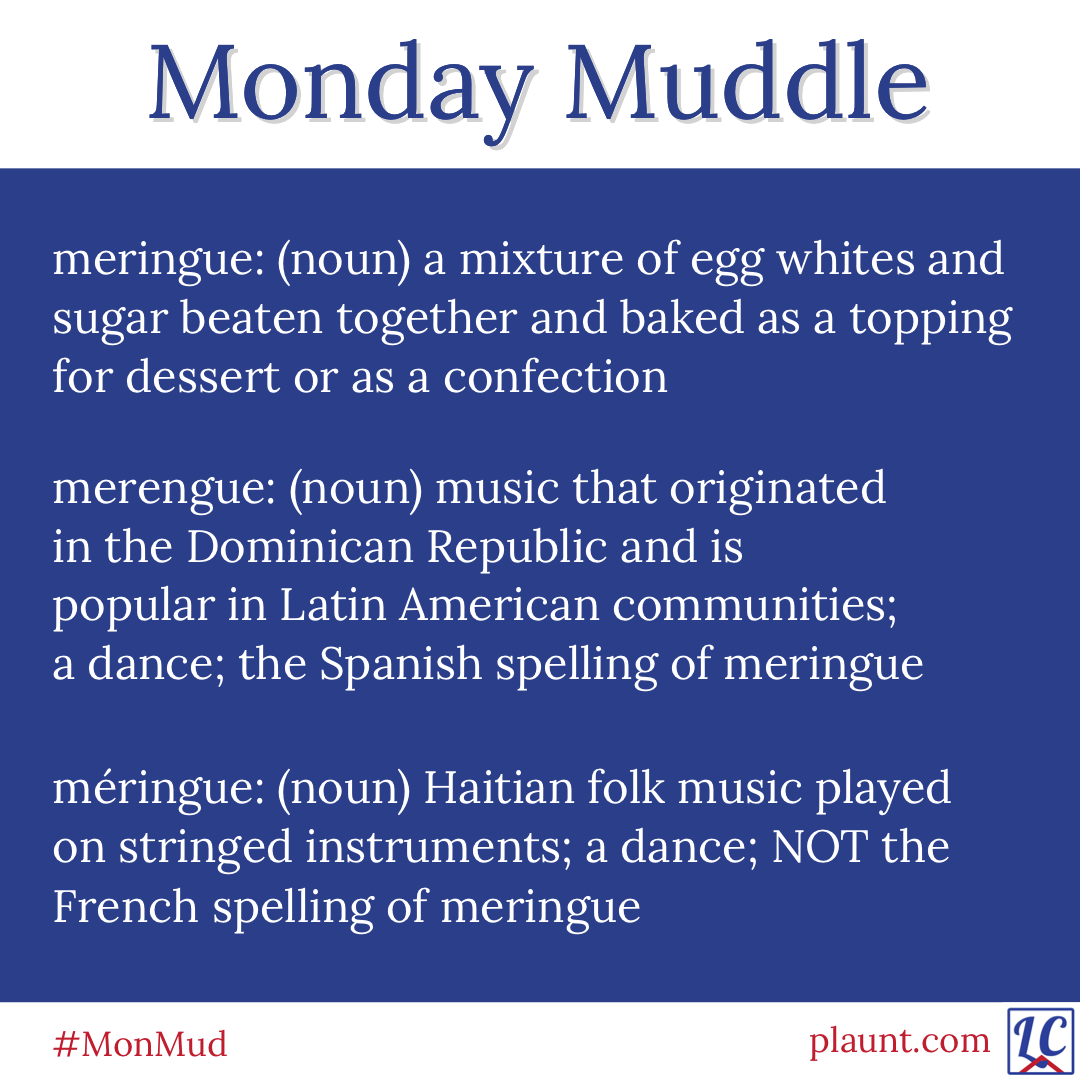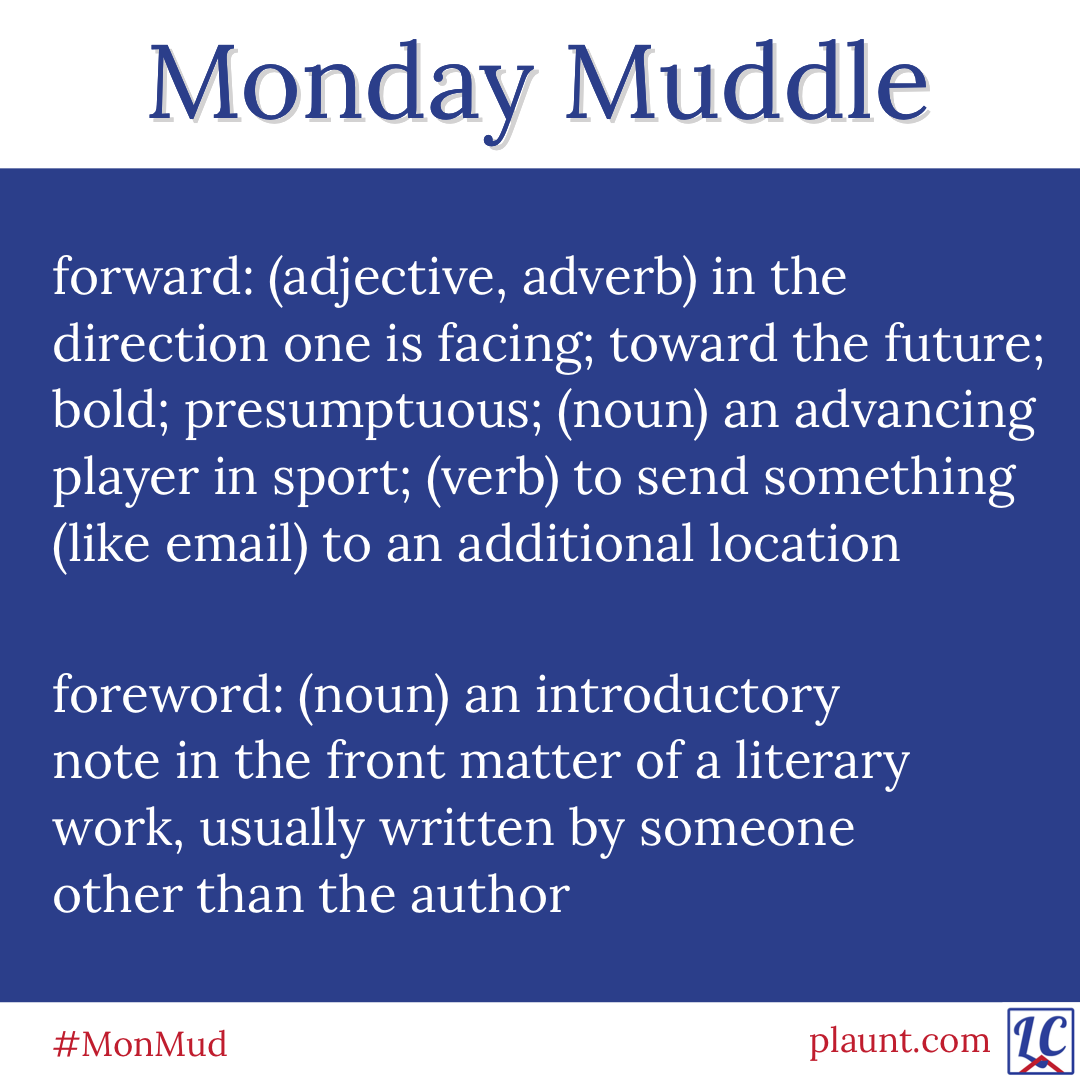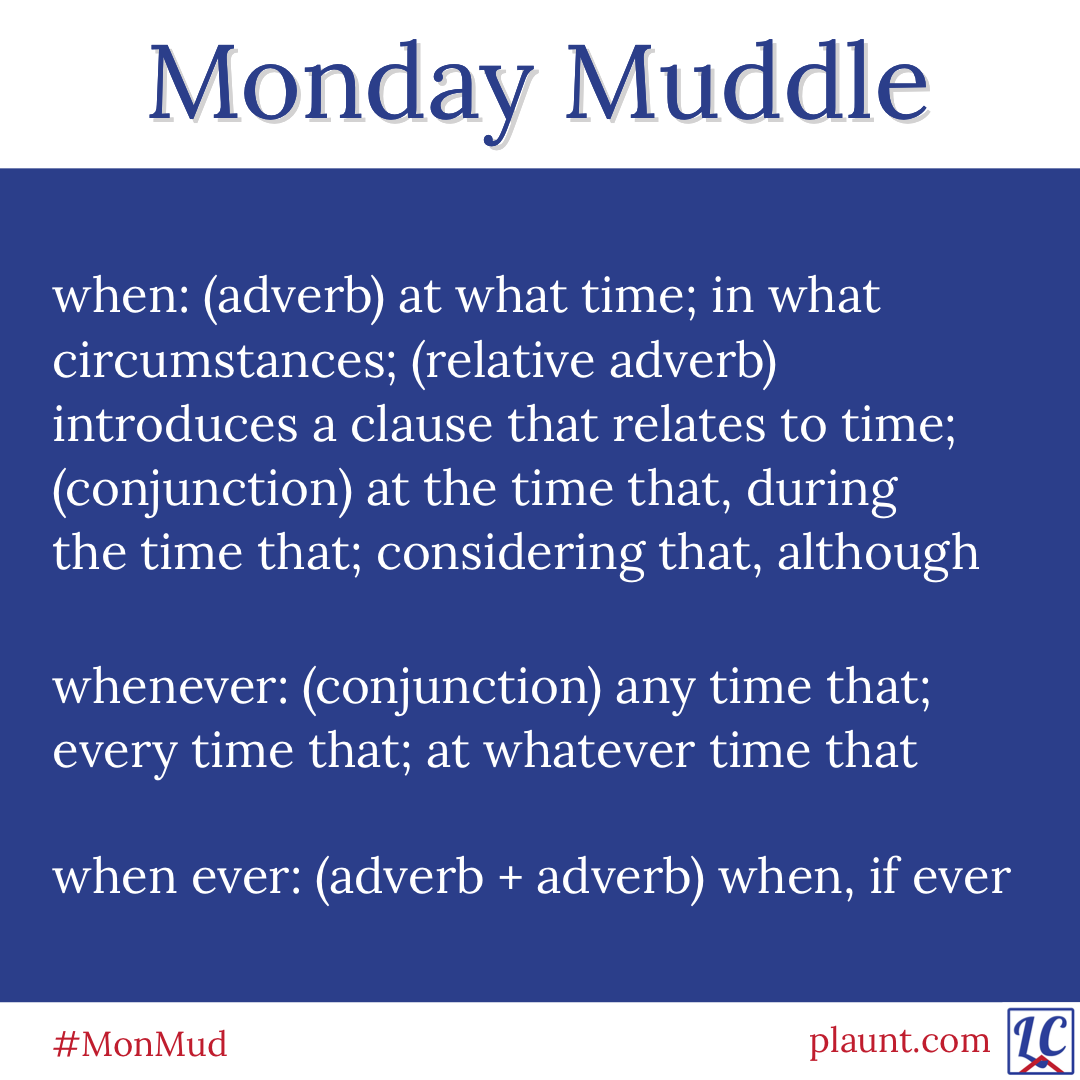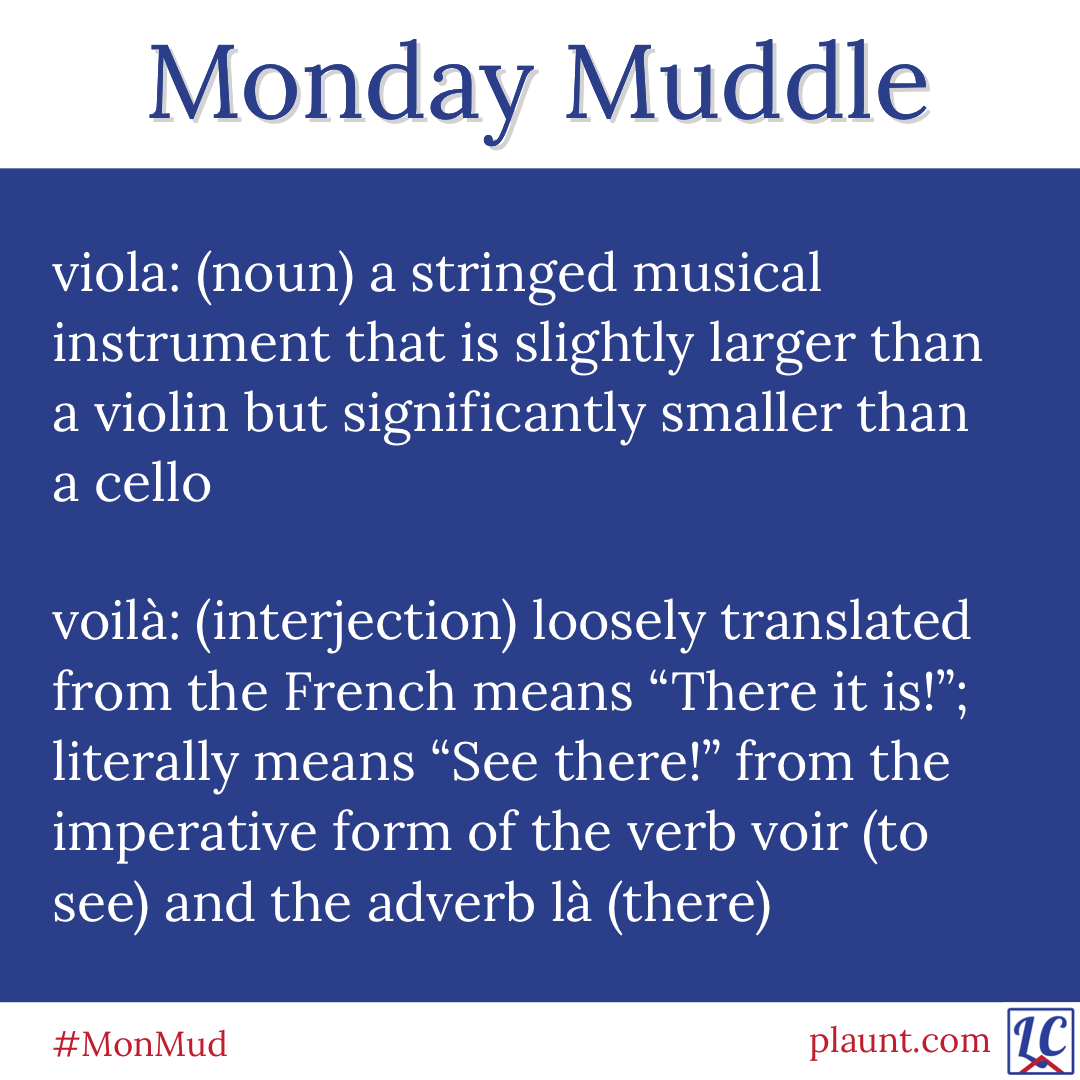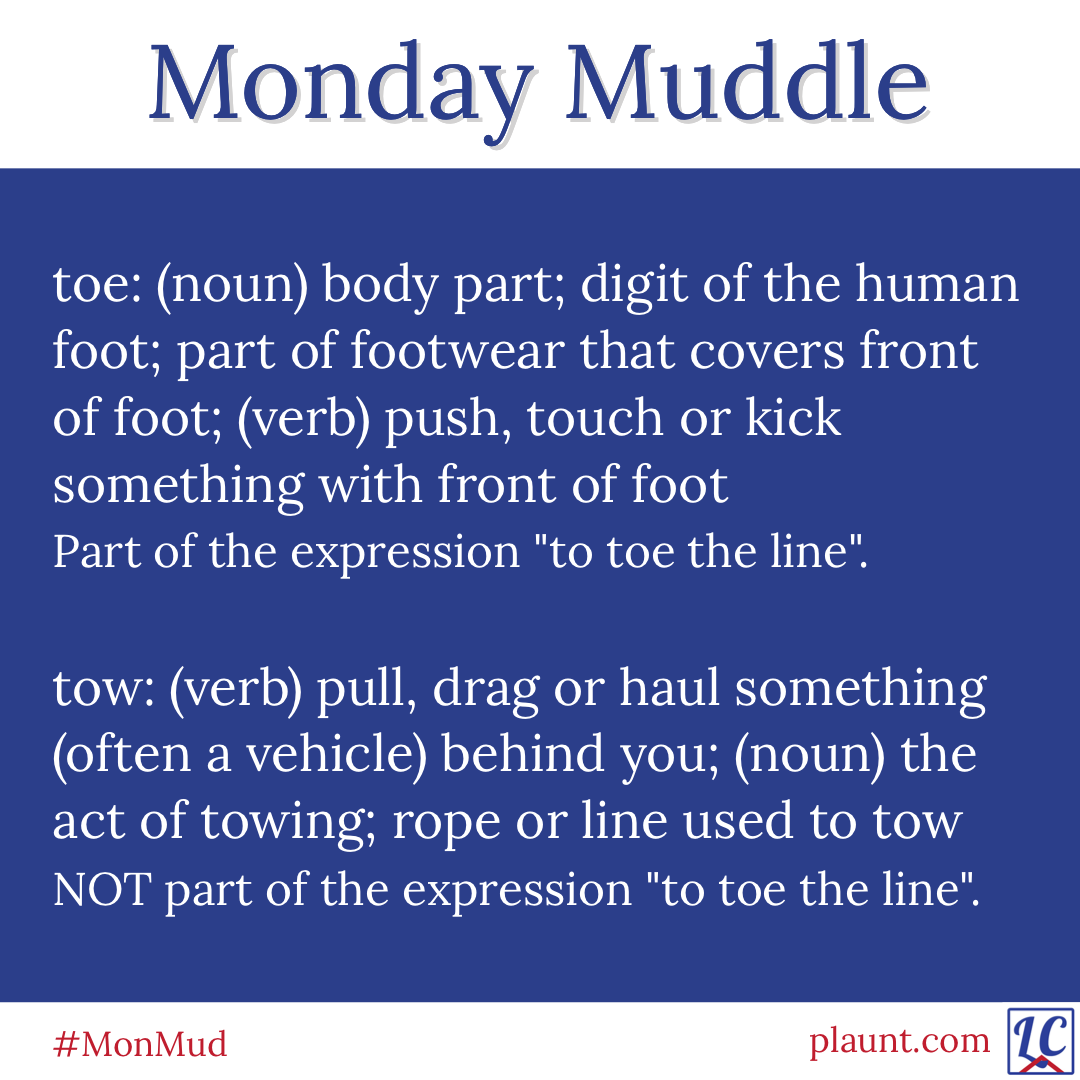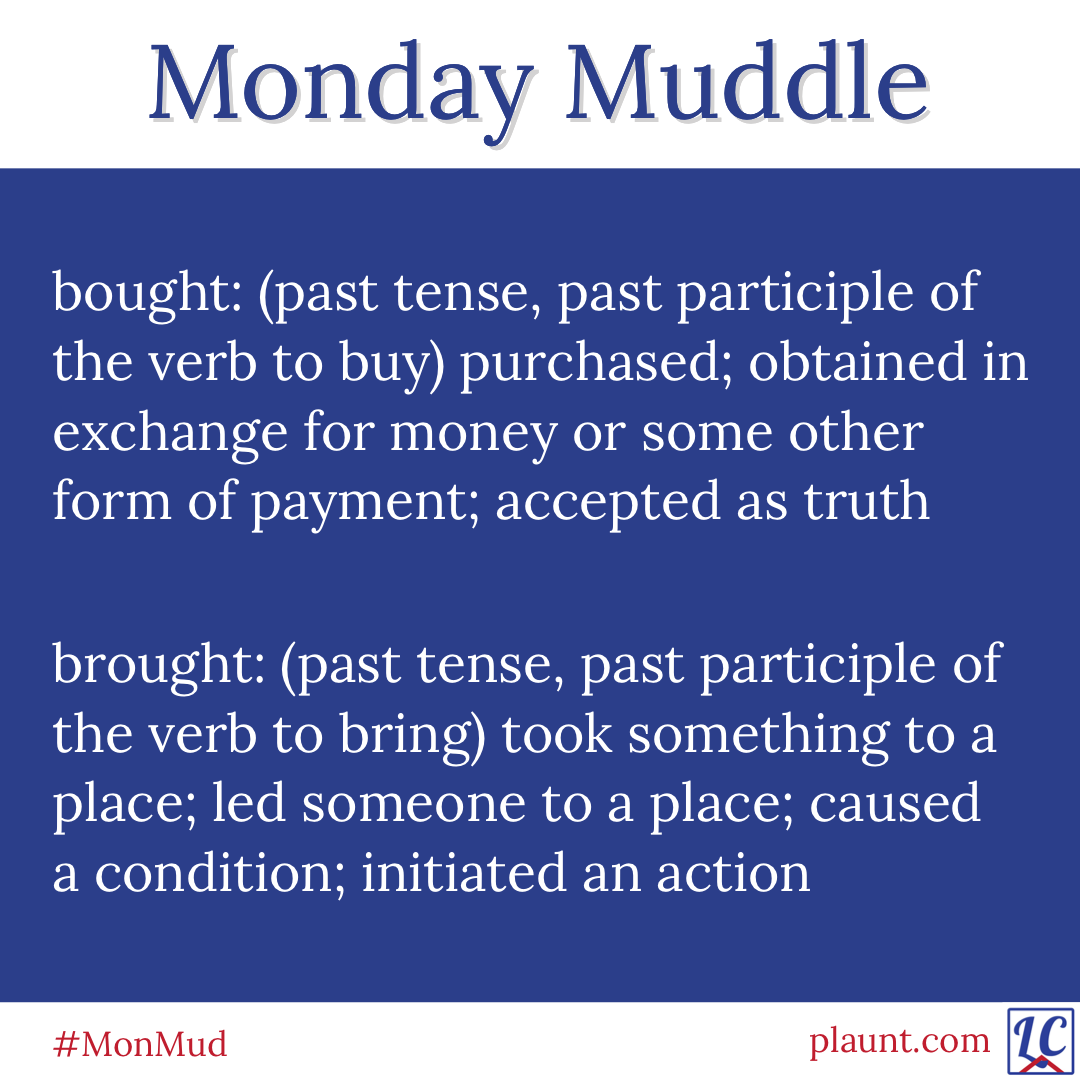Both these words can also be used as verbs and adjectives.
If you take the rap, you take the blame or the responsibility for an undesired, possibly illegal, activity. If you beat the rap, that undesired activity still happened, but you didn’t have any consequences from it.
To get a bad rap means to get punishment or consequences that you didn’t deserve. To get a bad wrap probably means that your tortilla was filled with things that were not to your liking.
Bubble wrap is a protective packing material made of plastic with air sealed into it in small compartments.
Bubble rap might be a new version of rap music, or possibly having a casual conversation through soap bubbles. Neither has made it to mainstream popularity levels yet, so I’m just speculating.
